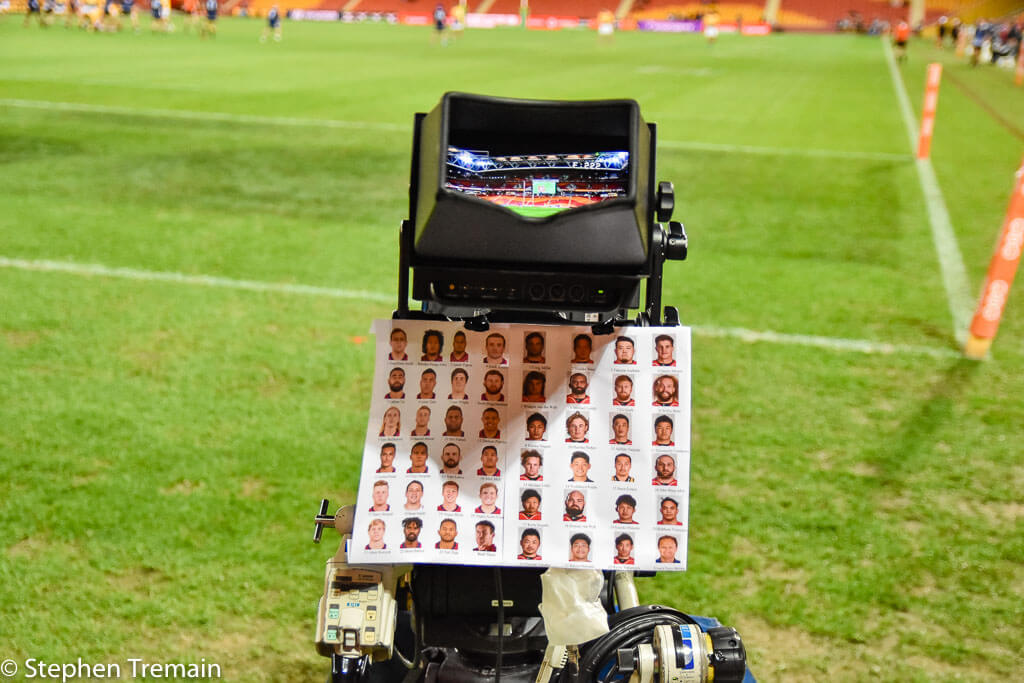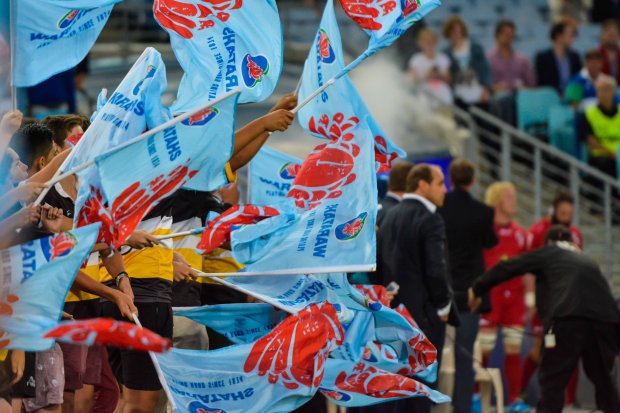Recently, Green and Gold Rugby’s own Reg Roberts wrote an article which argued that it will be very difficult for professional rugby to survive in Australia in the near future. It’s well argued and may prove to be correct, but I still think it’s absolutely important pro rugby does survive, and I believe it can. Here’s why.
The collapse of a professional rugby will not be the ‘reset we had to have’
We all love amateur rugby, and all the community and fun that comes with it. But it cannot be the future of the sport in Australia. The assumption that amateur clubs will see a massive spike in support without a professional competition, is dubious.
Many clubs have already seen a moderate increase in interest because of the decline of super rugby, but it’s nowhere near enough to offset the net drop in the sport as a whole. Furthermore, in Sydney in particular, there are a large number of fans that dislike the Shute Shield competition as an institution in itself, and won’t touch it.
The fact is that most new rugby fans engage in the sport via a professional competition. It’s a high standard of play, that’s fitting for a national audience. True believers, including myself, love amateur rugby, but without a professional competition, exposure to the sport among new fans will continue to diminish, leaving us stagnating at best.
In my opinion, the biggest exposure comes through the Rugby World Cup and the Bledisloe Cup. It’s no secret that having a winning team in these competitions depends on having a large number of professional players. The idea that amateurs can be competitive for the Wallabies is not a realistic one.
The death of professional rugby would make Australia woefully uncompetitive in these competitions, and accelerate the collapse of the sport in the country as a whole. Sure, some players can still be contracted overseas, or maybe even a few in Australia for rep games, but it’s a situation which needs to desperately be avoided.
Most professional players would seek employment elsewhere, like France, Japan and the NRL. This would make them ineligible to play in any amateur rep game in Australia. As you can imagine, sadly, this would make the quality of these games quite low, and particularly in comparison to a professional competition.Worse still, with no professional rugby teams, the NRL would consider expanding into rugby heartland itself with new professional teams.
In short, the collapse of professionalism would be a hammer blow for rugby, which it might not recover from. It must be avoided at all costs.
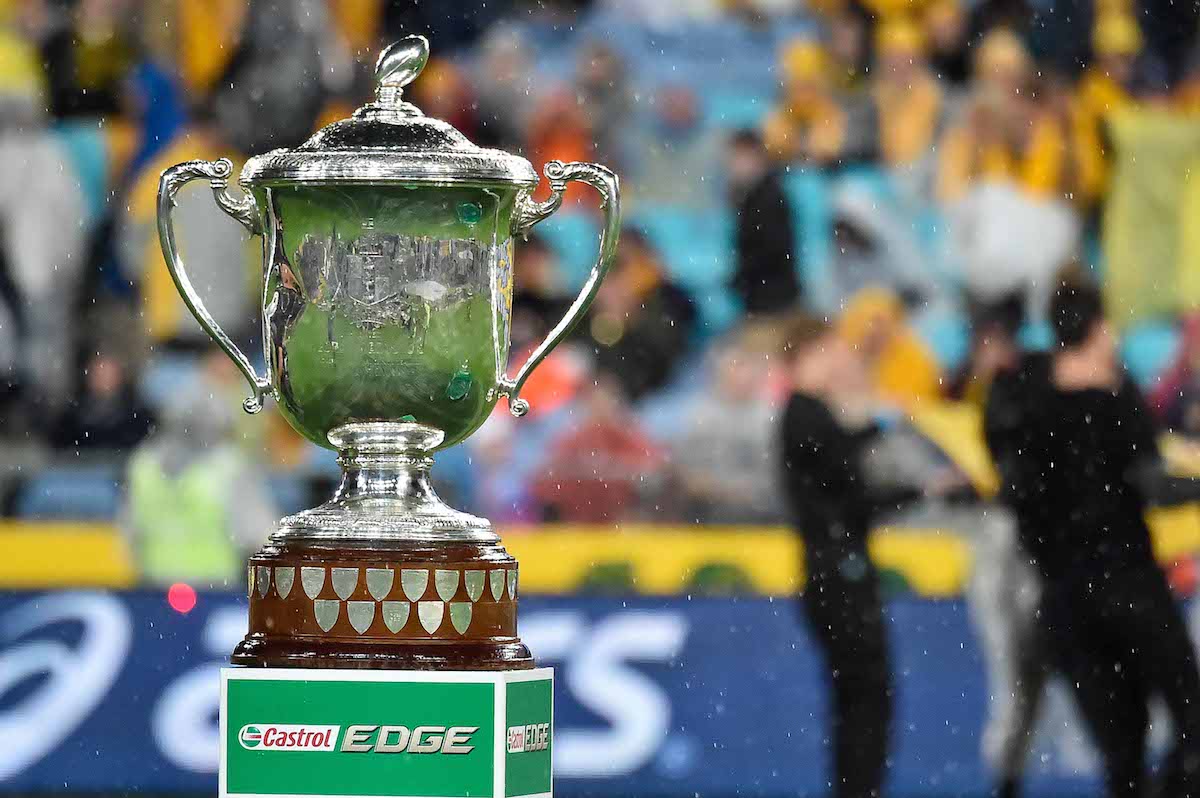
The broken status quo of Super Rugby is grinding the sport down
Everyone knows that the current Super Rugby structure has seen interest in the sport decline, particularly over the last few years. There are a number of reasons for this, but the competition format has to be the most important one.
Since 2010, Super Rugby has added the Melbourne Rebels, the Jaguares, The Southern Kings (remember them?), and the Sunwolves. Then it kicked out the Western Force, The Kings, the Cheetahs and now the Sunwolves. The reason for these decisions is beyond the scope of this article [the internal politics of rugby in South Africa roughly resembles the National Party], but show that the competition has been anything but stable.
The mere inclusion of South African teams is not in Australia’s interest. The teams draw substantially lower crowds, and incredibly low ratings from midnight games. But there have been two key forces pushing back.
The first is the immediate cash shortfall South Africa leaving would generate. As part of a revenue sharing agreement, South Africa always contributed the most cash. But this was always distributed roughly evenly, in a similar way to our progressive income tax system.
This created a strange incentive – despite South African games being truly terrible for interest in the competition, we desperately needed them for the cash. This was clearly a bad relationship and we were soon manipulated. South Africa railroaded Australia into accepting three new teams, and threatened to leave if we didn’t agree. It was a failure of Bill Pulver’s leadership not to call their bluff.
The second reason was the sheer reluctance of New Zealand to sign up to a trans-tasman competition, for both financial and strategic reasons. In my opinion, with Australia’s professional collapse on their doorstep, New Zealand’s position will change.
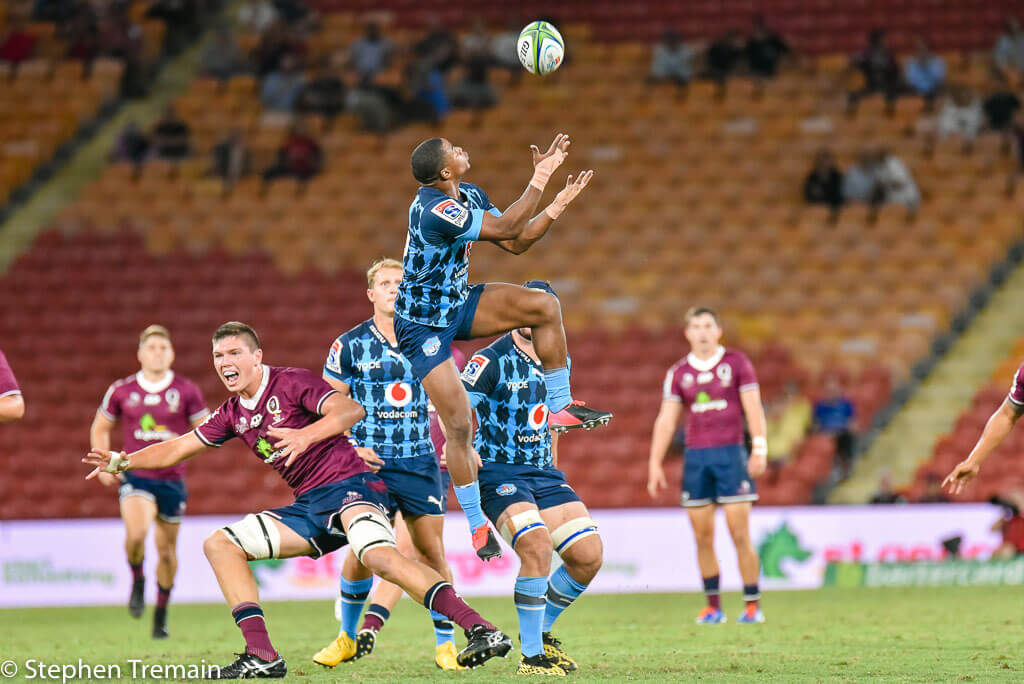
A Trans Tasman Competition is still the go
Structurally, a Trans Tasman competition is still the best answer to Super Rugby’s woes. A twelve team competition could consist of the current Australian (4) and New Zealand (5) teams, plus two to three additional Pacific Islands teams (I’ll explain how we make them work further down).
This would give broadcasters up to six games in decent time zones over a weekend. It means Rugby can be competitive with Friday night, Saturday night and Sunday afternoon games every single weekend. These are crucial in the battle for eyeballs.
This would also result in the minimum number of casualties from a radical shake up of the competition. As we’ve all seen from the Western Force, burning and churning teams doesn’t just destroy continuity and momentum, it deeply scars the fan base. This model leaves the incumbent teams in Australia and NZ alone, and allows for the Western Force to be readmitted as soon as it is financially stable enough to do so.
A common complaint is that New Zealand doesn’t have the incentive to sign up to this model. This isn’t true, because the NZRU desperately needs Super Rugby to develop All Blacks, in the same way we do. Without Australia, a professional competition in New Zealand would also struggle, and they need to be told that this is the only way Rugby in Australia will stay professional to bring them to the table.
As for the inclusion of Pacific Island teams, in my opinion, they would bring an X-Factor to the competition. There are many athletes in these countries who would cut the mustard, and the teams wouldn’t be a pushover. Further, with their massive contingent of expats, they would bring valuable away support to games in Australia and New Zealand. Tonga v Samoa filled Eden Park with expat fans at the 2011 Rugby World Cup. They should be allowed to do the same in Super Rugby.
The only real problem with the Pacific Island teams is they bring little broadcast cash, which has always been the hesitation in the past. In my opinion, a bold way to tackle this would be through Australia’s expanding Pacific Aid Program. Despite overall cuts to the Foreign Aid budget, aid funding in the pacific region is actually now at a record high of $1.4 billion.
This is largely in response to China’s increasing assertiveness (and goes outside the scope of Rugby). But where Rugby can and should fit in is as a diplomacy tool for the federal Government. Three Pacific Islands teams would bring countless ministerial visits, shared cooperation and goodwill between Australia and Tonga, Samoa and Fiji, in a way that “roads to nowhere” from China never could.
Rugby Australia should pitch that Canberra pay the broadcasting shortfall that including these teams generates, which is in the low millions (out of a total program of $1.4B!). It would be an incredibly cheap investment by foreign aid standards, for a very good return. Further, this would also help to convince New Zealand the competition is worthwhile.
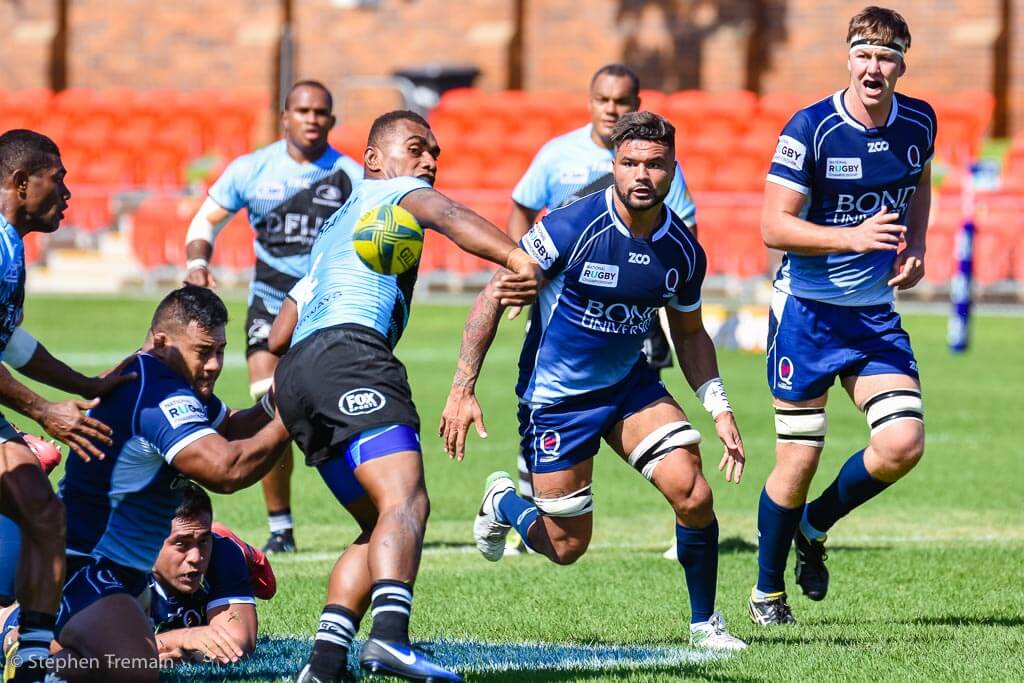
Finding a broadcaster is difficult, but not impossible
There are still live options for the broadcast of Super Rugby. Optus Sport, Foxtel, and potentially Channel 10 are all still potential suitors. Raelene Castle’s relationship with Foxtel broke down, for having the gall to suggest the competition should have an open bidding process.
But Foxtel badly needs content, as conceded by their increasingly desperate response to Rugby AU’s manoeuvring. Many of Foxtel’s oldest subscribers are baby boomer rugby fans, and they all pay full price. Losing rugby will make these people pull the plug.
Rightly or wrongly, the relationship with Foxtel will reset with Castle’s departure. That doesn’t mean Rugby Australia should suddenly jump back into bed with them. We should delay a broadcast deal by six months, while we work out the structure of the proposal with our partner unions. This should include negotiations with New Zealand and Pacific Island Nations, as well as the Federal Government.
Last week, new Rugby AU Chairman Hamish Mclennan told the Sydney Morning Herald that “I am concerned that Fox have moved on, but it’s too early to tell”. Too early to tell indeed – if Foxtel are sensible, they’ll come back to the table, because it’s in their interests to be rugby’s broadcaster too.
The Trans-Tasman model could then go to an open auction between Optus Sport, Foxtel, and Channel 10, should they be interested in one game a week. The structure of the content means that Rugby AU could sell one game a week in its entirety to a free to air broadcaster, and still have local content leftover for a PayTV broadcaster. This is important for maximising both exposure and monetary value.
